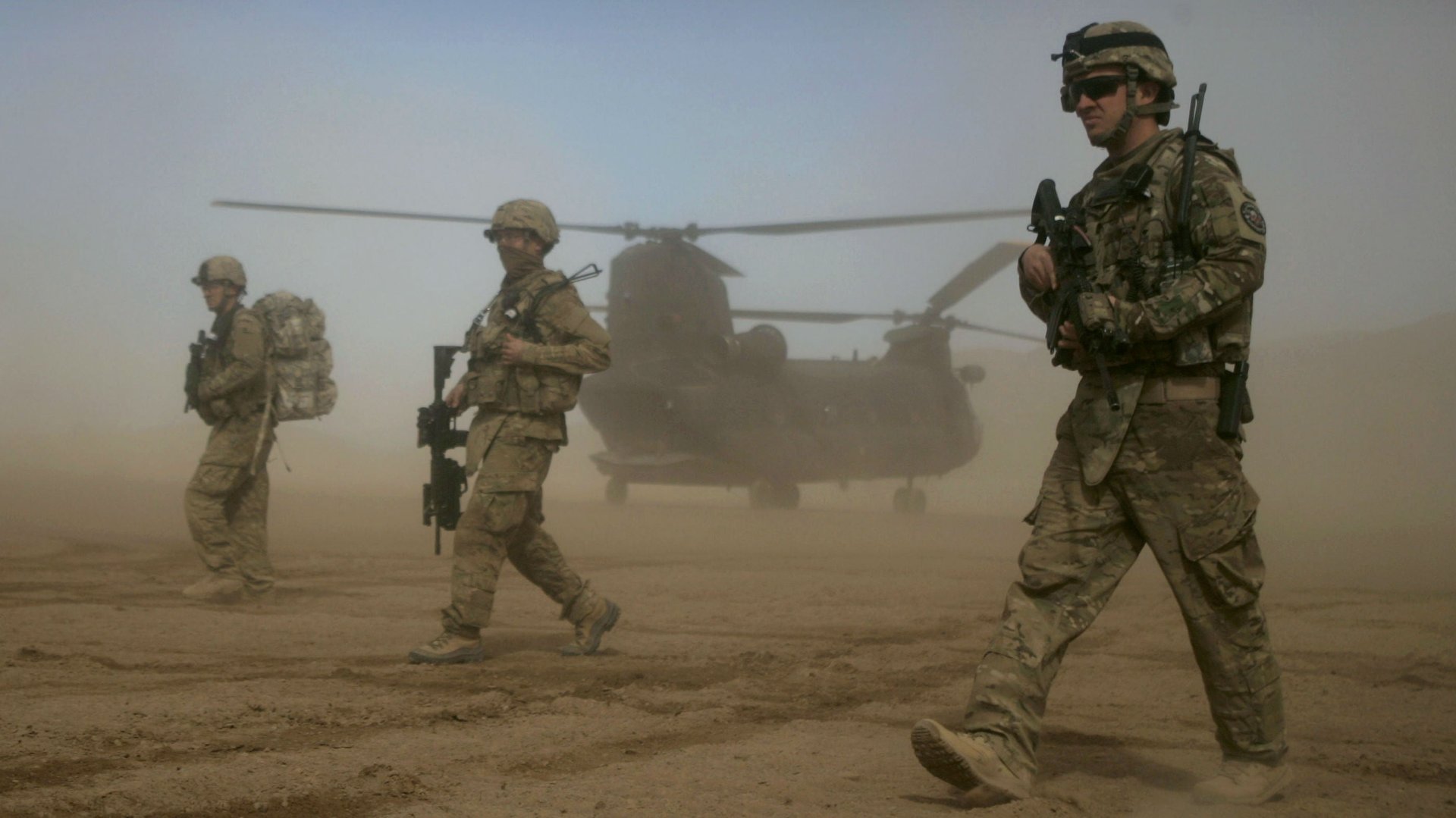A single traumatic brain injury may double the risk of dementia
It’s common knowledge that repeated blows to the head can cause neurodegenerative disease. But it may be that even one mild traumatic brain injury—a category that includes concussions such as those common in sports like football and boxing—has lasting effects that can lead to dementia later in life.


It’s common knowledge that repeated blows to the head can cause neurodegenerative disease. But it may be that even one mild traumatic brain injury—a category that includes concussions such as those common in sports like football and boxing—has lasting effects that can lead to dementia later in life.
A massive study of over 357,000 US veterans found that even one mild brain injury doubled the risk of having dementia years later. The intensity of the trauma appears to play a role in future brain health, too: Veterans who lost consciousness from their head injuries were 2.5 times more likely to develop dementia, and those whose head injuries were classified as moderately to severely traumatic (when consciousness is lost for multiple hours) had almost quadruple the dementia risk.
“There’s something about trauma that may hasten the development of neurodegenerative conditions,” Kristine Yaffe, a University of California-San Francisco psychiatrist and lead investigator on the study, said in a statement. It’s unclear how this happens, but one working theory is that somehow these injuries either cause an overproduction of normal waste proteins, or make it impossible to clear these proteins, which eventually lead to some forms of dementia, like Alzheimer’s disease.
Yaffe and her team analyzed the medical records of about 179,000 vets who had some record of traumatic brain injury, and compared them to the same number of veterans who had no recorded brain injuries. Overall, 2.6% of veterans who did not have any kind of documented brain trauma went on to develop dementia, compared to 6.1% of vets with at least one brain injury in their medical history, and 9.8% of those with the most severe instances of brain injuries.
The study, published May 7 in the journal JAMA Neurology, used medical records. Although these were kept consistently over time, head injuries are subjective, and “do not necessarily reflect consensus definitions for [traumatic brain injury] or dementia,” the authors write. Many injuries were likely unreported, considering even firing shoulder weapons may cause mild brain damage because of the shockwaves emitted from the blast.
Not all of these soldiers were injured during combat; some were diagnosed in out-patient medical settings, which suggests these finding could be extrapolated to the general public. Considering this study is just the latest in a growing body of work showing the horrific effects of even those head injuries we used to think were “mild,” it’s safe to say that protecting your head in any setting is a good idea.